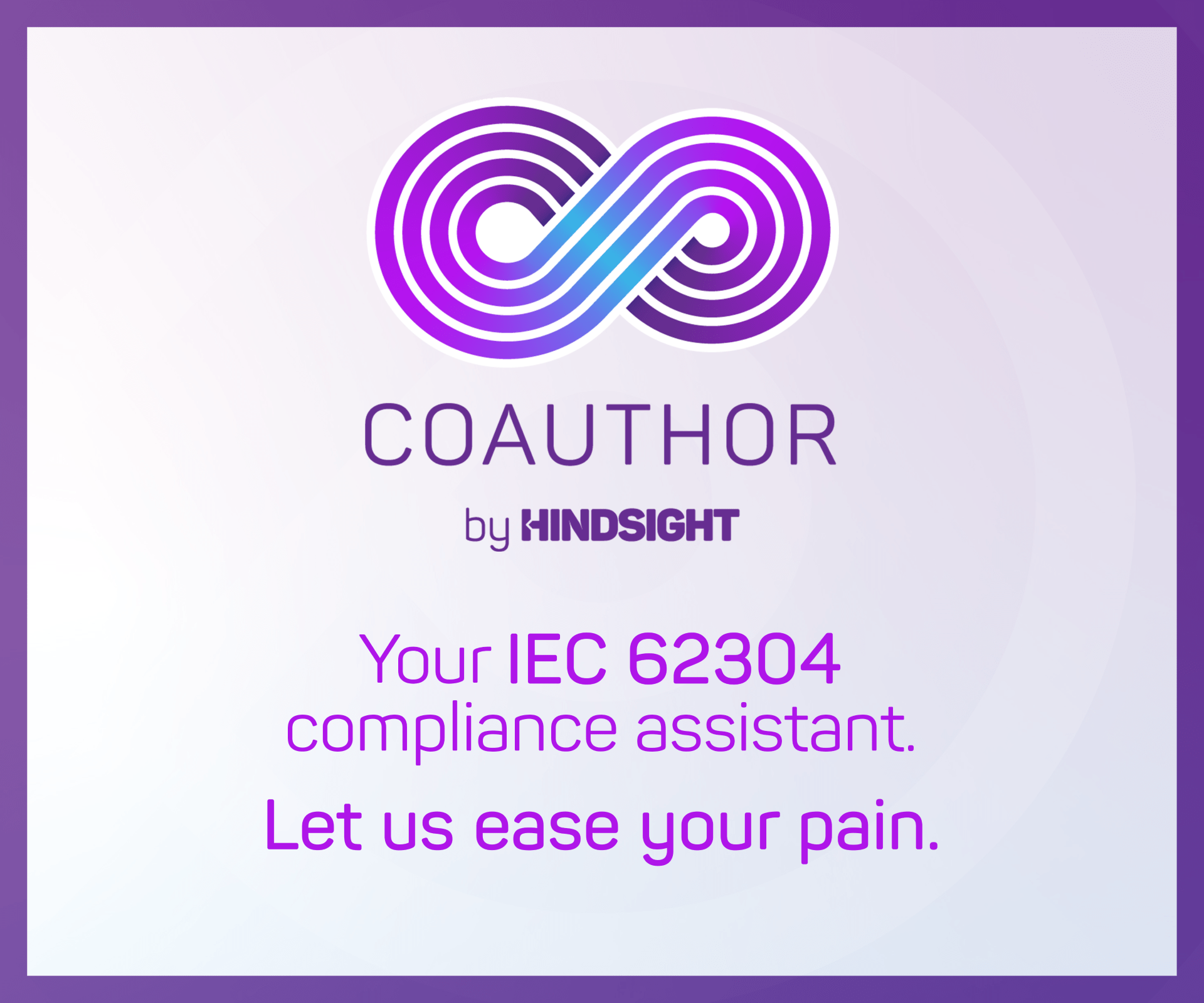
The healthcare sector in Britain is grappling with multiple, concurrent and significant challenges—but in particular long waiting times for treatment. The pre-COVID median wait of 8.3 weeks in December 2019 has now surged to 15 weeks. A major contributor to the problem is numerous outdated systems and applications that have generated multiple data silos. These hinder the accessibility of vital information due to duplication, inconsistency, and, in some cases, inaccessibility by those who need it to make quick, safe and informed decisions.
The recent redirection of NHS England’s digitisation funds to cover industrial action costs intensifies the call for efficiency improvements. This shift prompts concerns about the continuity, digitalization, and overall enhancement of healthcare services. The rapid adoption of Electronic Patient Records (EPRs) and the emergence of shared care records alongside legacy systems pose challenges for unified information flow and a singular view, complicating efforts to gain patient trust.
Patient data security is paramount, requiring robust information governance and compliance measures to instil confidence in safeguarding health data. The urgency of information flow during critical healthcare moments further complicates the governance and access to personal data.
Understanding the pivotal role of data in healthcare processes and decision-making is crucial. Establishing whether patient data triggers activity or influences specific workflows is essential for effective data management and access strategies. Regular reviews of why patient data is collected ensure alignment with desired behaviours, pathways, stakeholders, and outcomes.
Role-based access, a key protection and enablement measure, is prevalent in primary and secondary care through NHS smartcards and profiles. These ensure clinicians access only information relevant to their role, fostering trust. However, implementation requires a balance to avoid excessive restrictions hindering job performance and should extend across all layers of care provision.
In 2023, health accounted for 19% of reported data security incidents, highlighting the need for enhanced protection measures. High staff turnover in health and social care requires systems that promptly manage access for leavers and joiners, ensuring data integrity and continuity of care.
While smartcards are a positive step, broader, more comprehensive solutions are needed. Special attention is crucial for scenarios like "break glass access" during medical emergencies, demanding centralised, accurate, and controlled information in a standardised format.
Success stories showcase the efficiency gained from centralised processes, but replication faces challenges due to a lack of standardisation. Achieving a clear view of a patient’s healthcare record requires secure governance, digitization, access control, and control at every level and provider of care. The journey towards a seamlessly integrated digitalised healthcare system involves systematically addressing challenges and prioritising patient- centric, secure, and efficient digital solutions to support this ambitious transformation.













